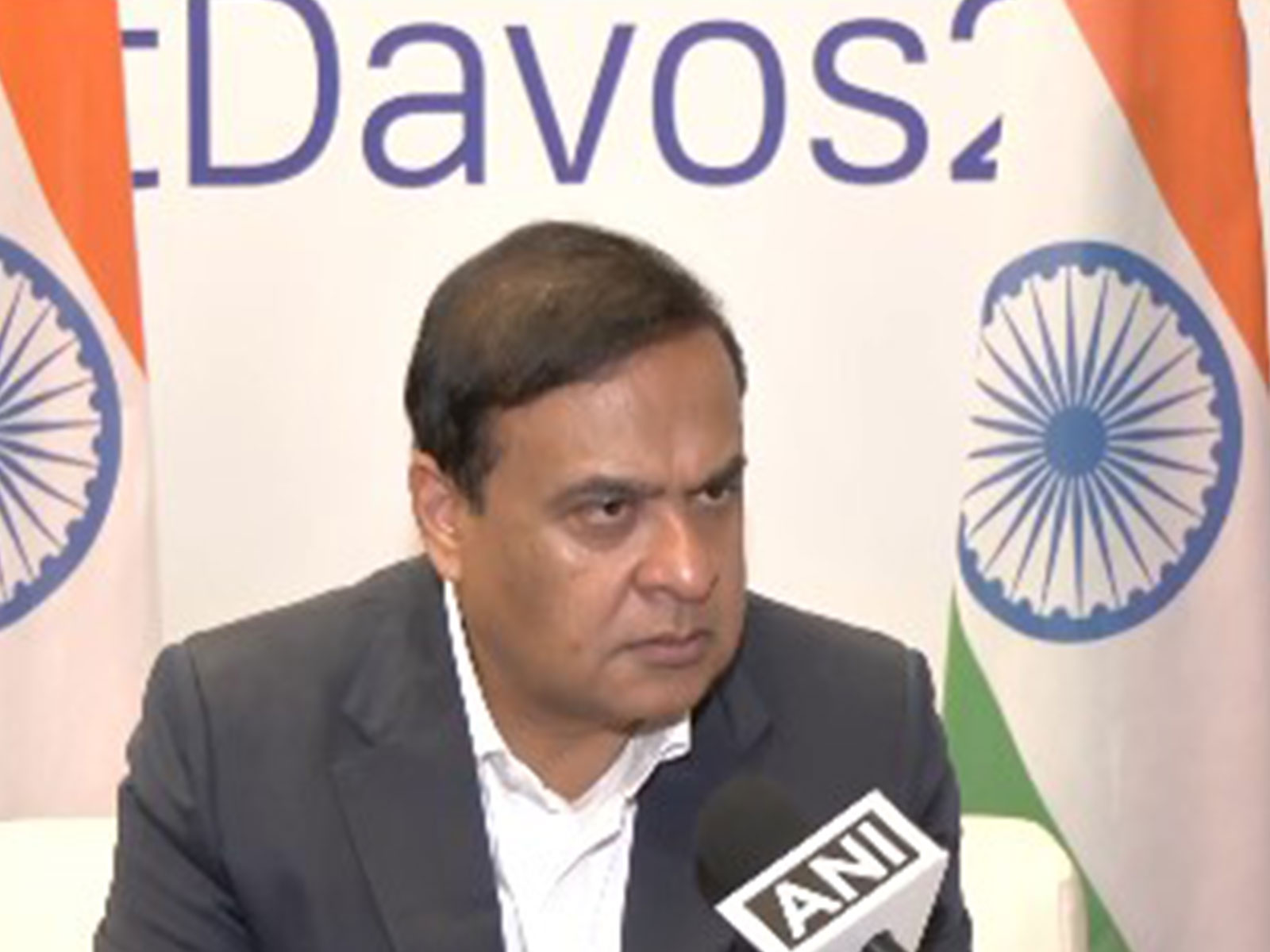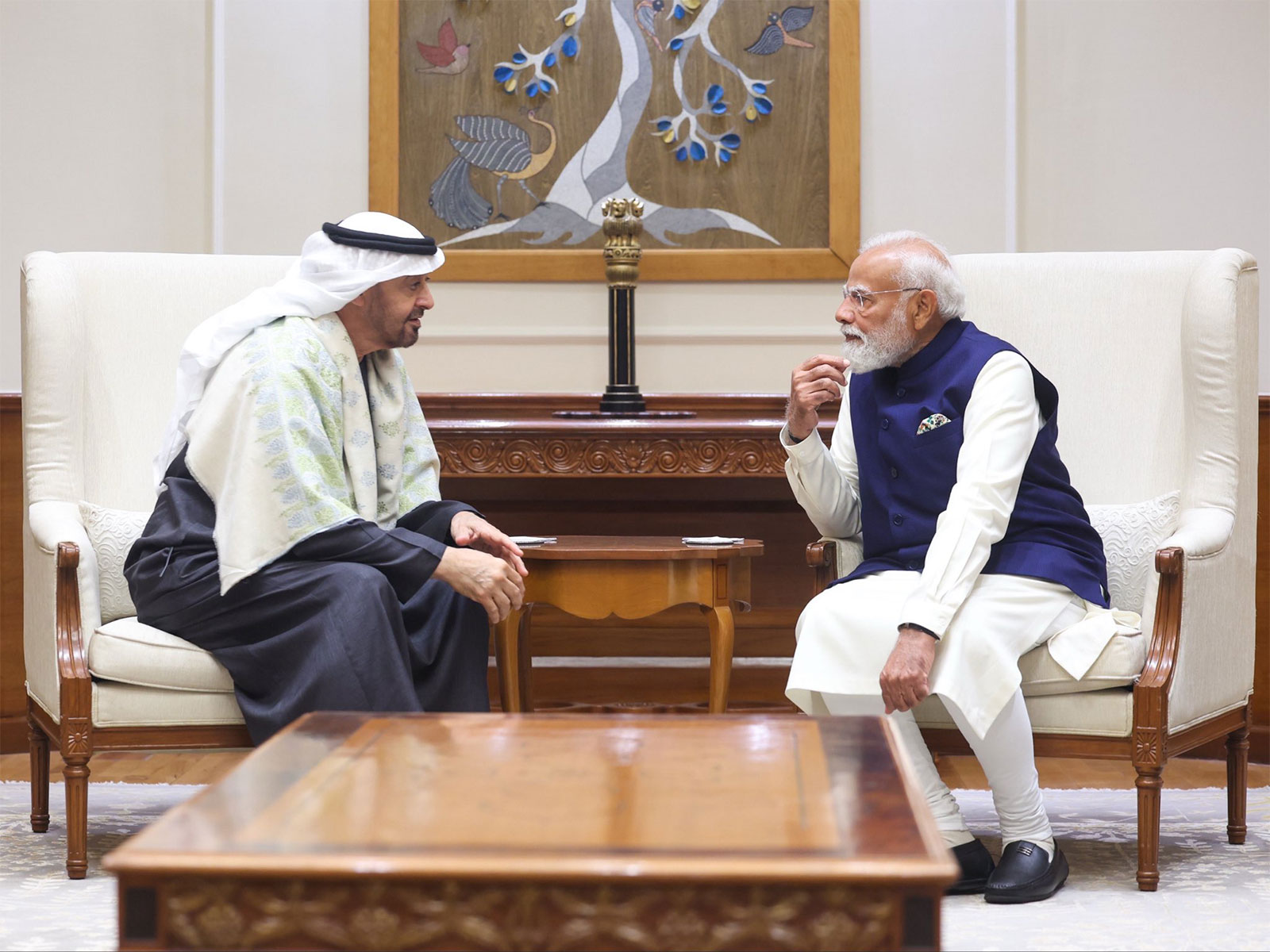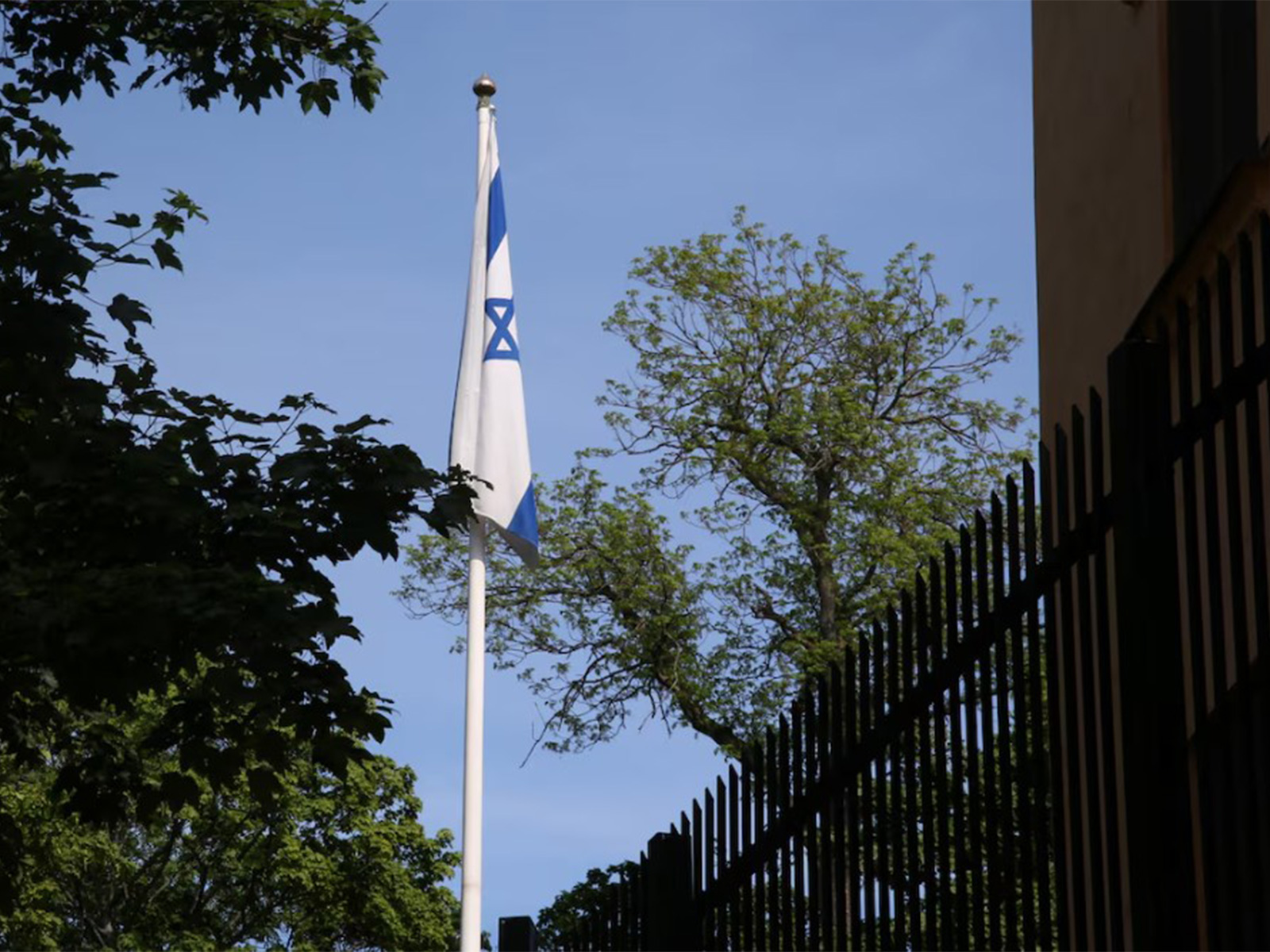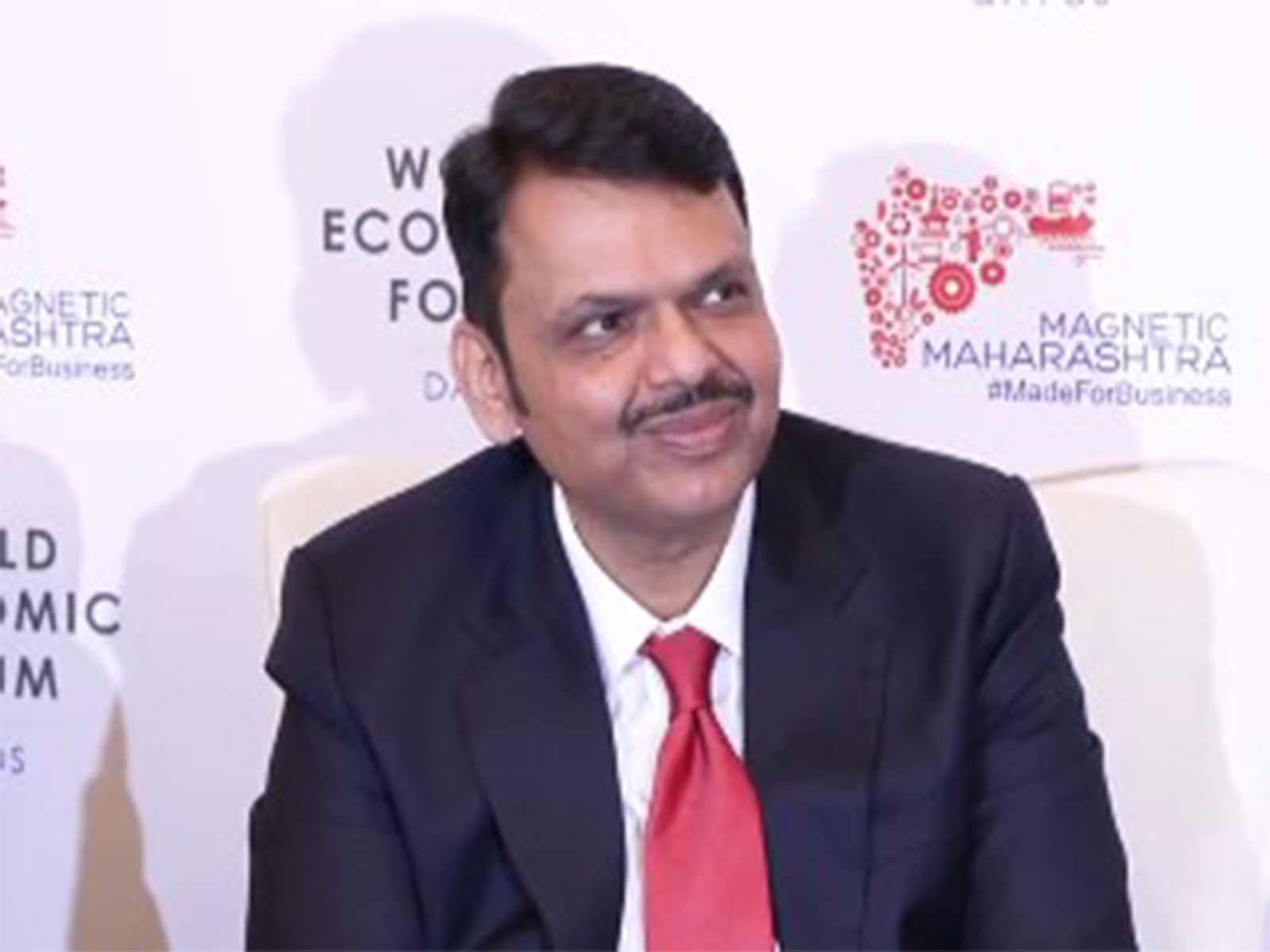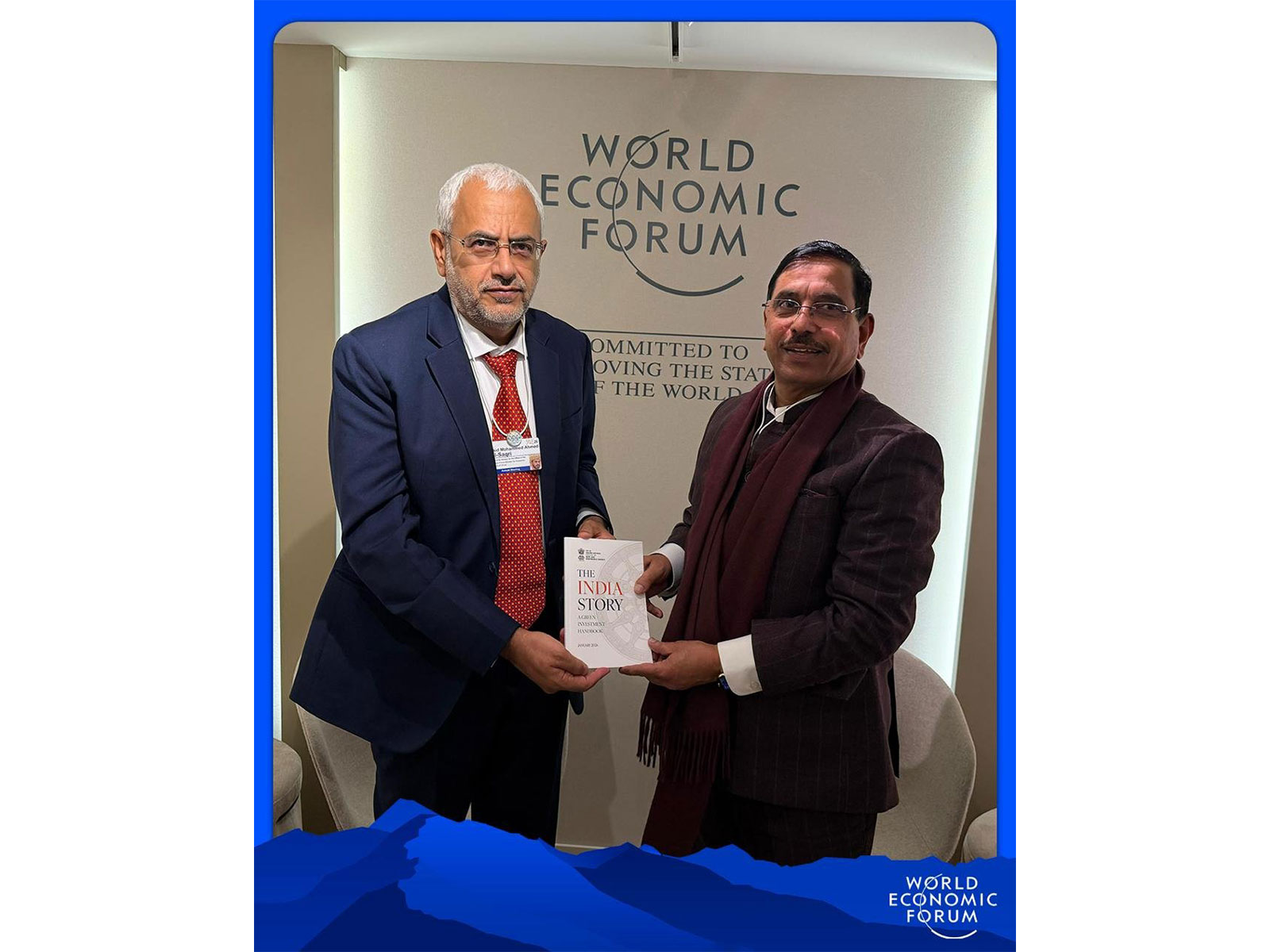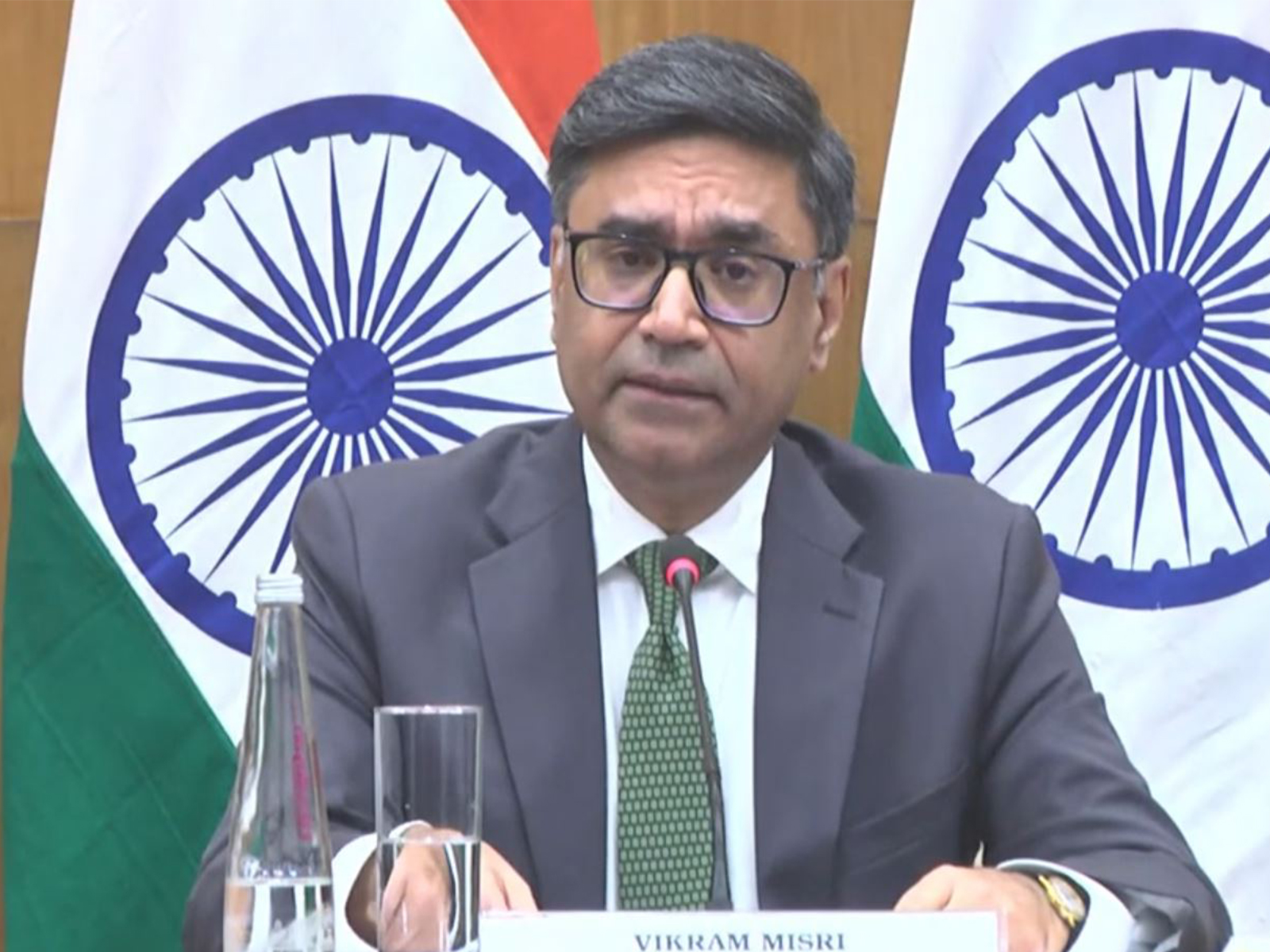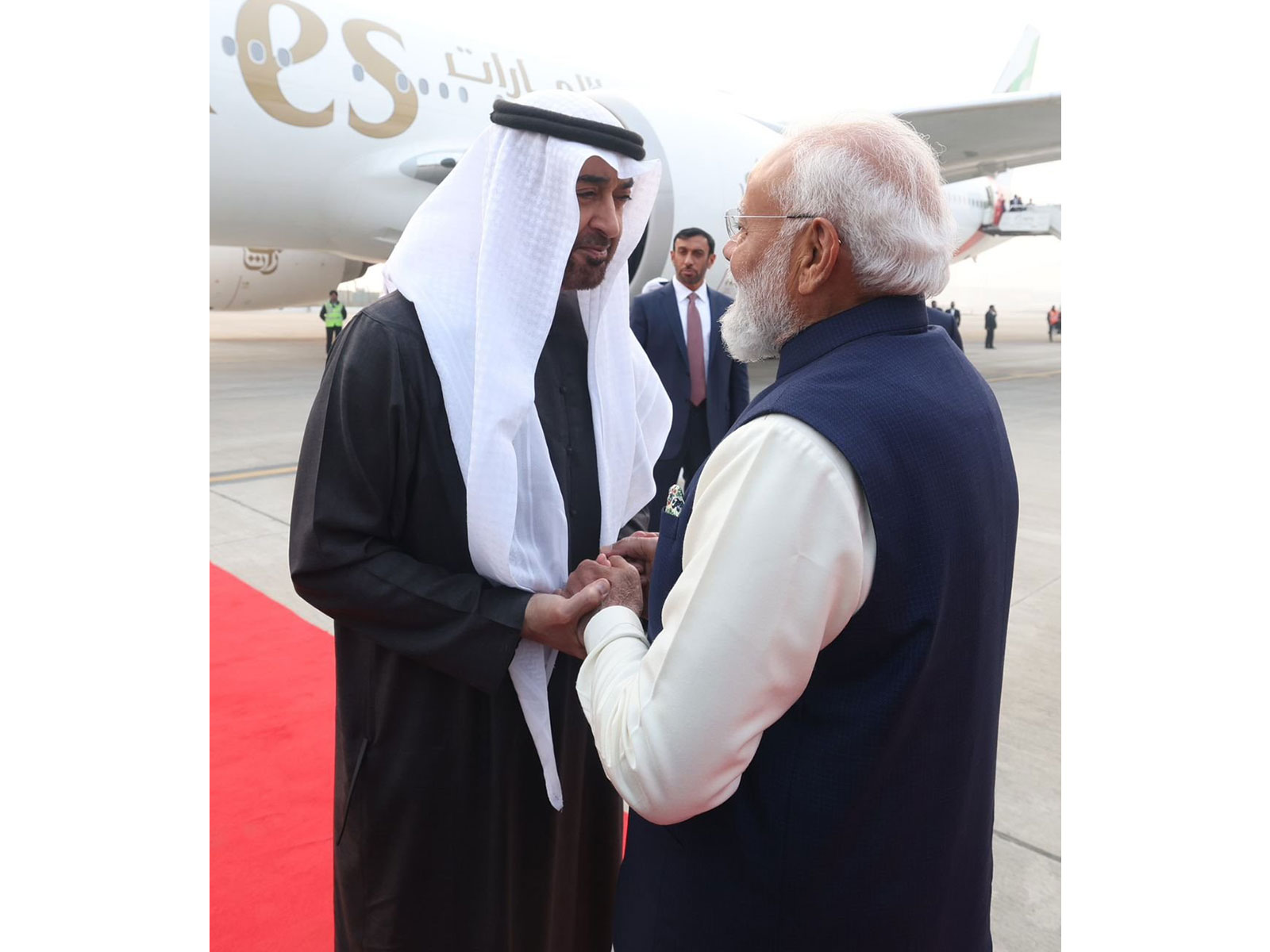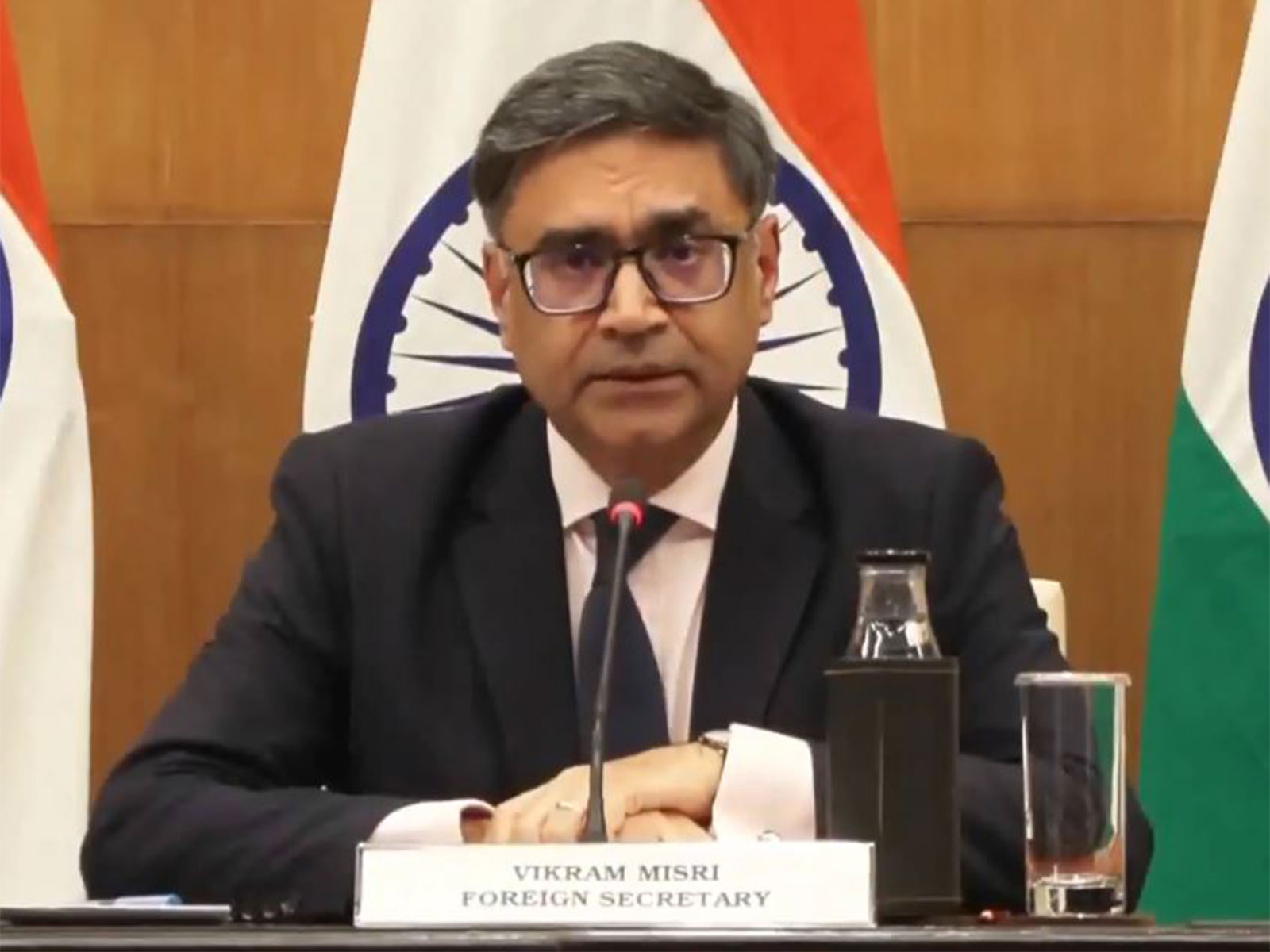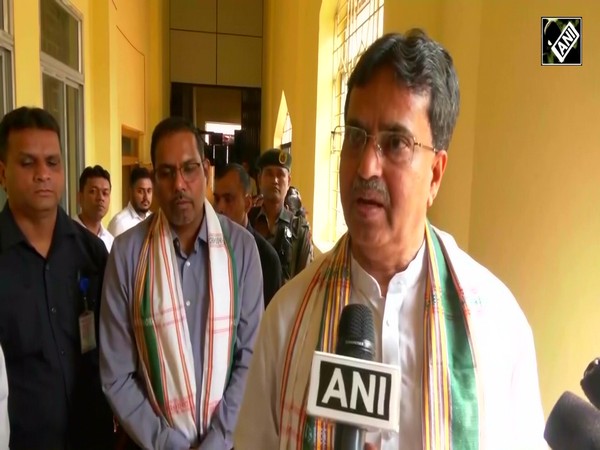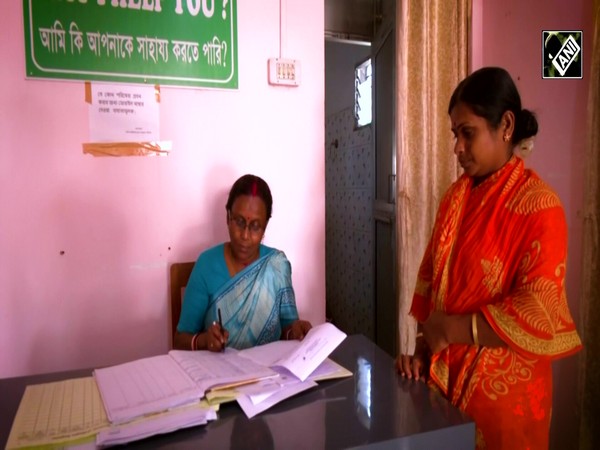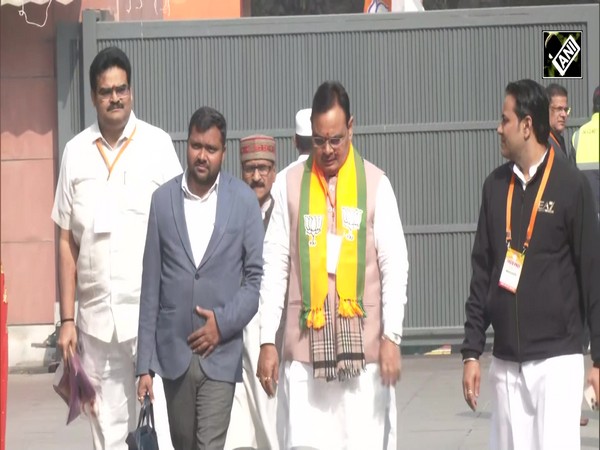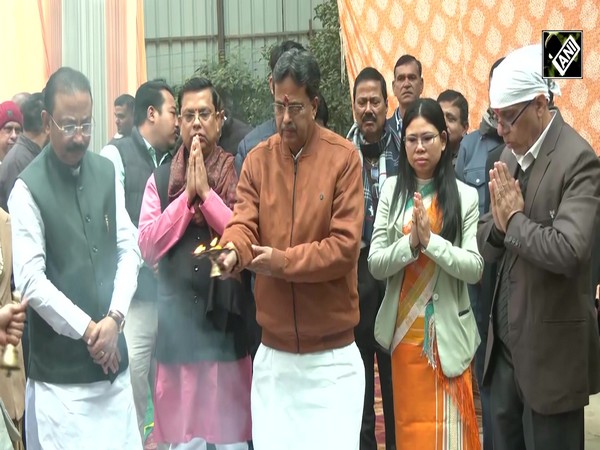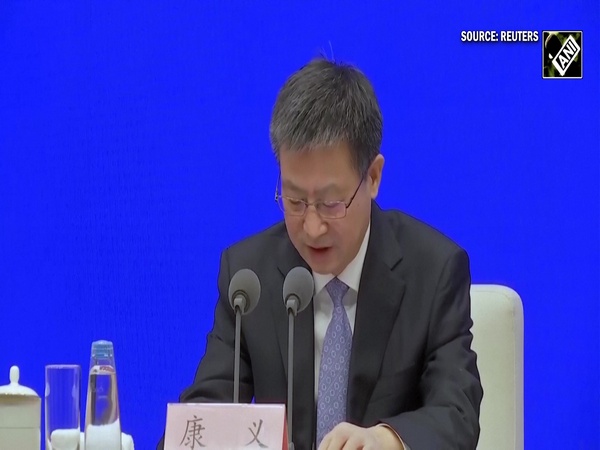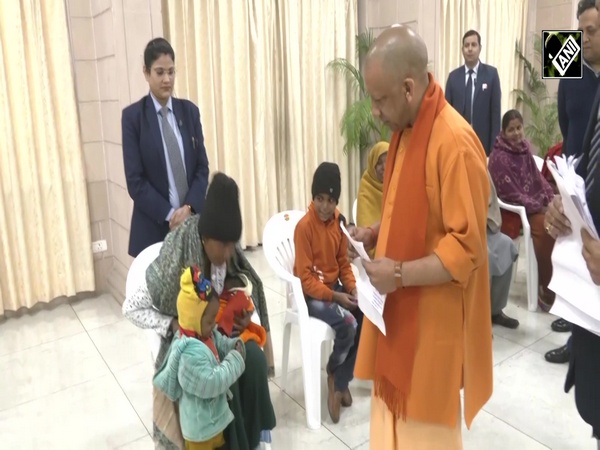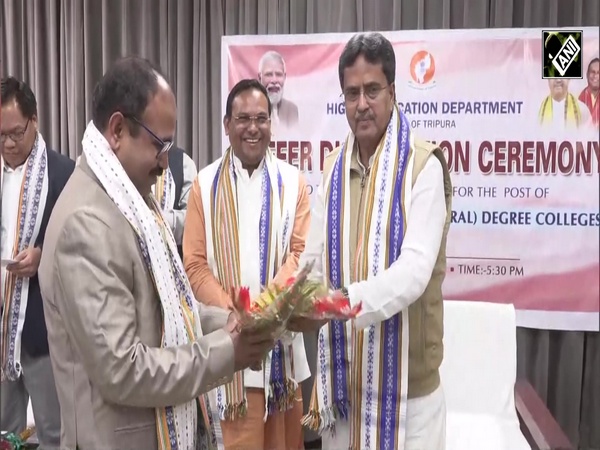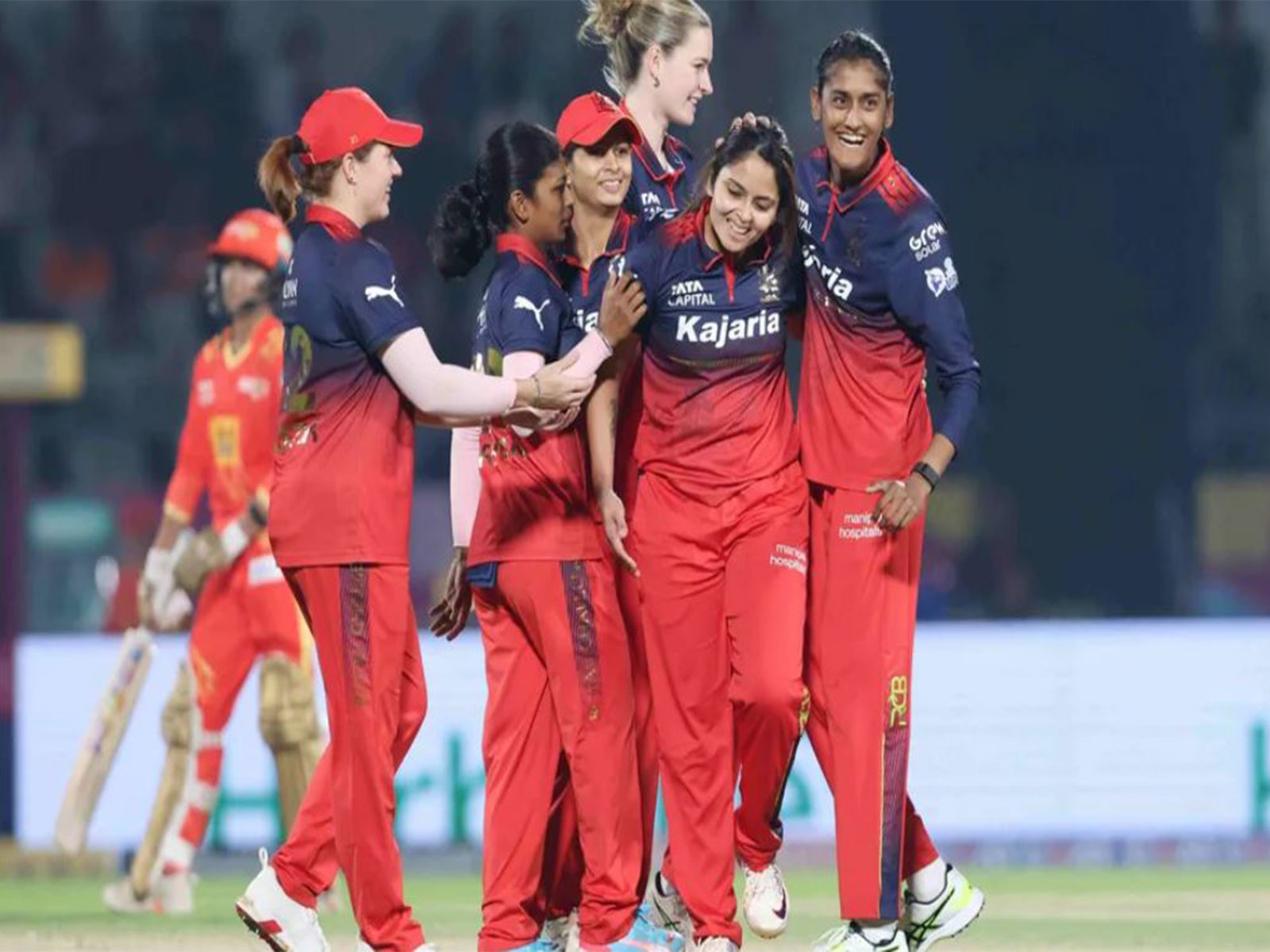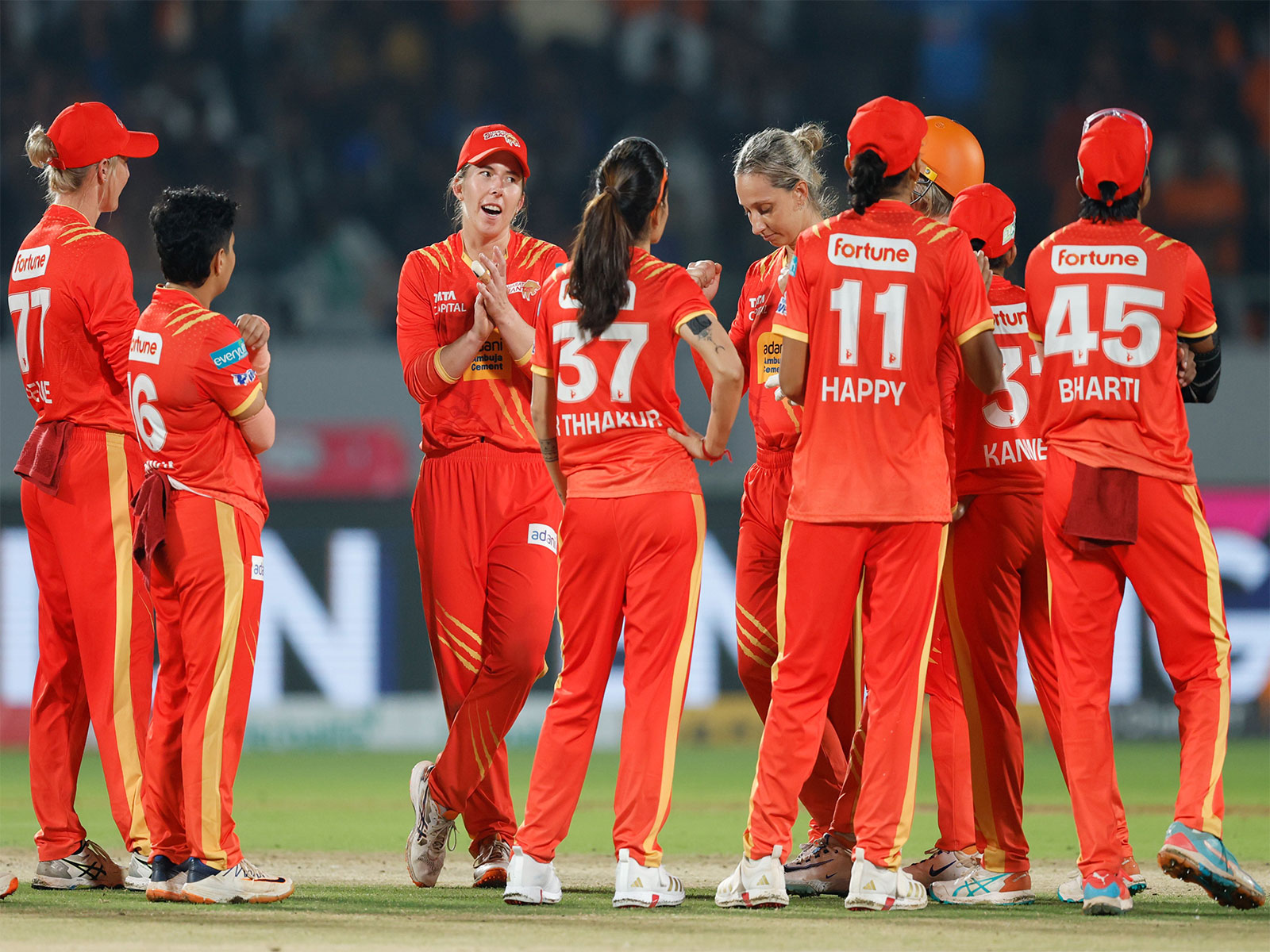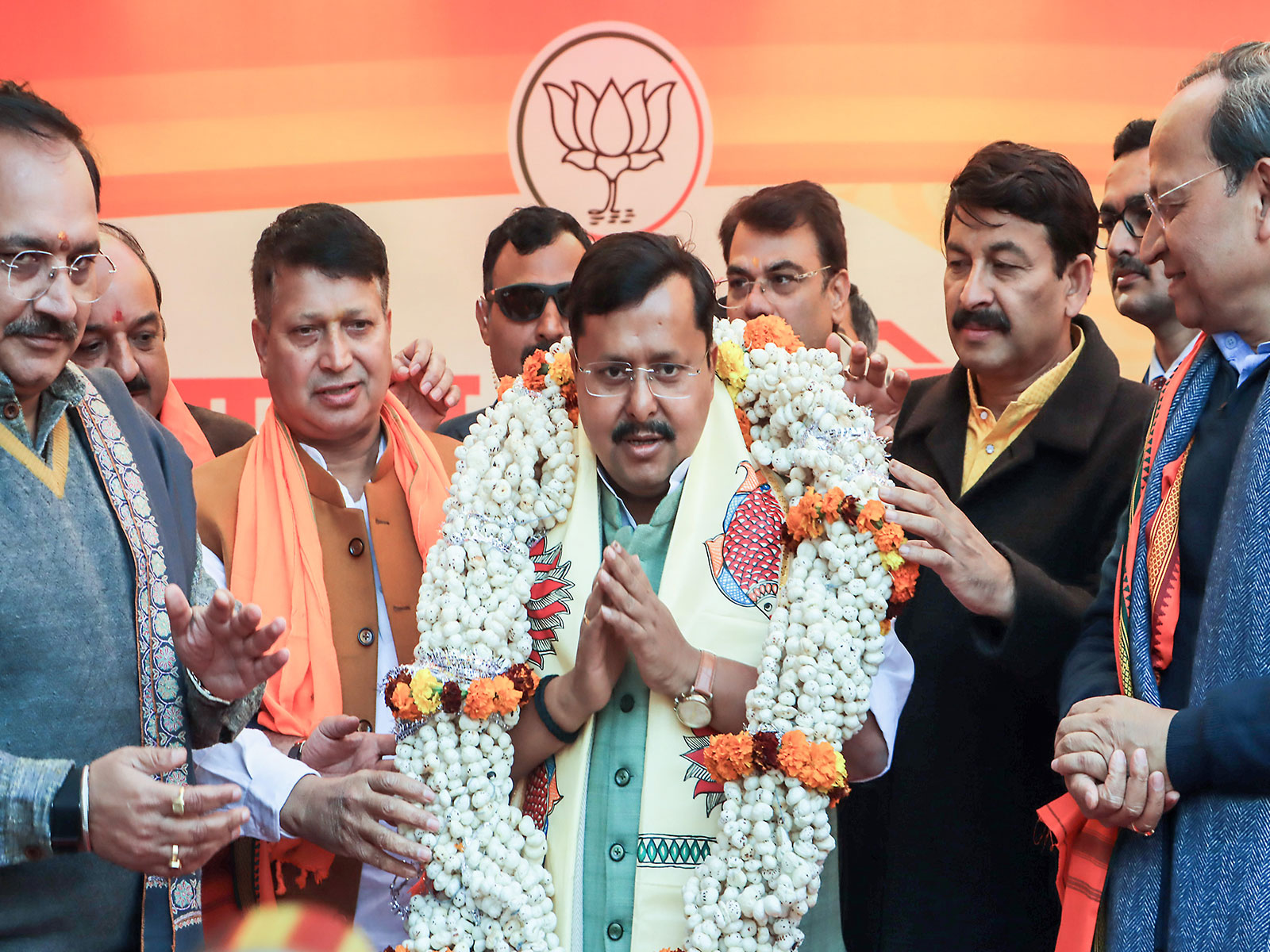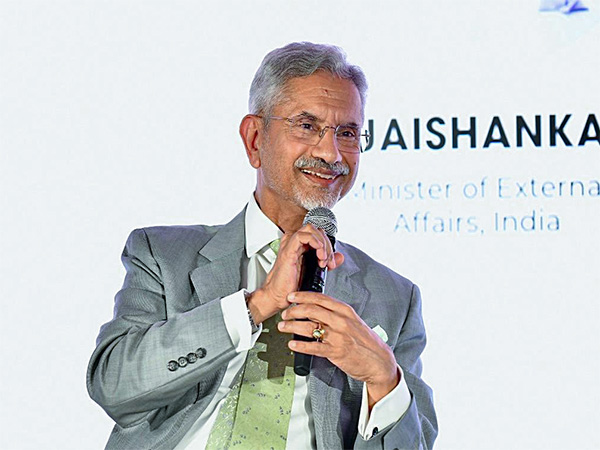
"NextGen GST will have huge impact on transformation story underway in India": EAM Jaishankar hails new tax reforms
Sep 03, 2025
New Delhi [India], September 4 : Following the announcement of major reform sweeping reduction in Goods and Services Tax (GST) rates on a wide range of essential items, automobiles, agriculture inputs, and electronic appliances, External Affairs Minister (EAM) S Jaishankar lauded the rollout, calling it a "historic achievement" and a significant milestone in India's ongoing transformation.
In a post on X, the EAM, while congratulating Prime Minister Narendra Modi and Finance Minister Nirmala Sitharaman, stated that the government's decision would enhance the ease of living and business in the country.
"Delivering on PM Narendra Modi's Independence Day announcement, the GST Council decision to adopt the NextGen GST today will have huge impact on the transformation story underway in India and the Government's effort to improve ease of living & doing business," Jaishankar stated.
"Congratulate PM and FM Nirmala Sitharaman on this historic achievement," he added.
Earlier, Finance Minister Nirmala Sitharaman announced a sweeping reduction in GST, aimed at providing relief to households, farmers, businesses and the healthcare sector.
Termed as the "Next-Gen GST Reform", the decision comes as a historic Diwali gift to the nation and is expected to ease the cost of living while boosting economic activity.
The 56th GST council meeting decided to rationalise GST rates to two slabs of 5 per cent and 18 per cent by merging the 12 per cent and 28 per cent rates.
GST rates on daily essential items, such as hair oil, shampoo, toothpaste, toilet soap bars, toothbrushes, and shaving cream, have been slashed from 18 per cent to just 5 per cent. Similarly, butter, ghee, cheese, dairy spreads, pre-packaged namkeens, bhujia, and mixtures, as well as utensils, feeding bottles, napkins for babies, clinical diapers, and sewing machines will now attract only 5 per cent GST instead of the earlier 12 per cent.
In a bid to make healthcare more affordable, the GST Council has exempted individual health and life insurance policies from GST, bringing them down from 18 per cent to nil. Thermometers, medical-grade oxygen, diagnostic kits, reagents, glucometers, test strips and corrective spectacles have also seen GST rates cut to 5 per cent, easing the burden on patients and healthcare providers.
The government has also focused on giving relief to farmers and the agriculture sector. Tractor tyres, tractor parts, and specified agricultural machinery for soil preparation, cultivation, harvesting, and threshing will now attract 5 per cent GST instead of 18 per cent or 12 per cent previously.
Drip irrigation systems, sprinklers, bio-pesticides and micronutrients have also been brought under the 5 per cent slab, reducing input costs for farmers.
Automobiles have become more affordable, with petrol, LPG and CNG hybrid cars (up to 1200 cc and 4000 mm) seeing GST rates cut from 28 per cent to 18 per cent. Diesel hybrid cars (up to 1500 cc and 4000 mm), three-wheelers, motorcycles (350 cc and below) and goods transport vehicles will also now attract 18 per cent GST instead of 28 per cent earlier.
The GST council has also given relief to the education sector. GST on maps, charts, globes, pencils, sharpeners, crayons, pastels, exercise books, notebooks and erasers has been completely removed, making them tax-free.
Electronic appliances, such as air conditioners, televisions, monitors, projectors, and dishwashers, will now attract 18 per cent GST, down from 28 per cent.
The government has also introduced process reforms, including automatic registration within three working days and faster refunds through system-based risk evaluation. The net revenue implication for the government will be Rs 48,000 crore from the rate rationalisation of GST.
